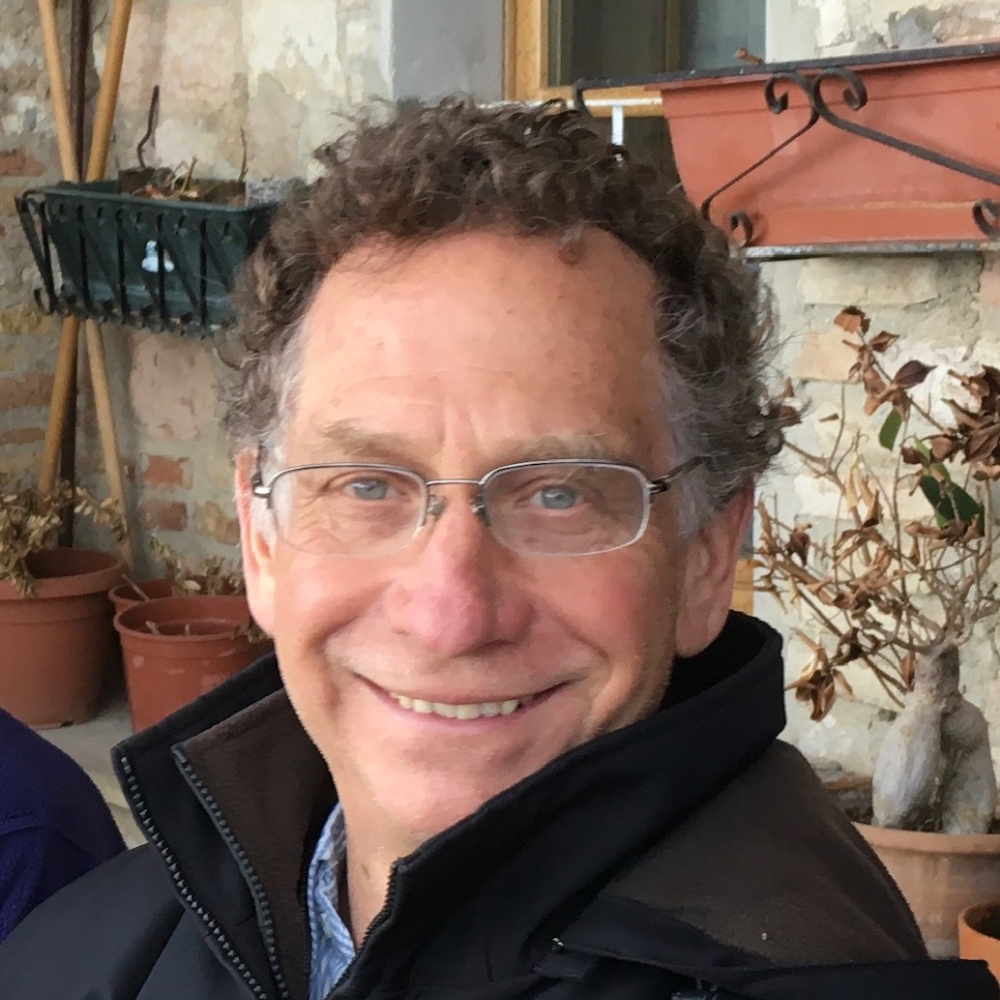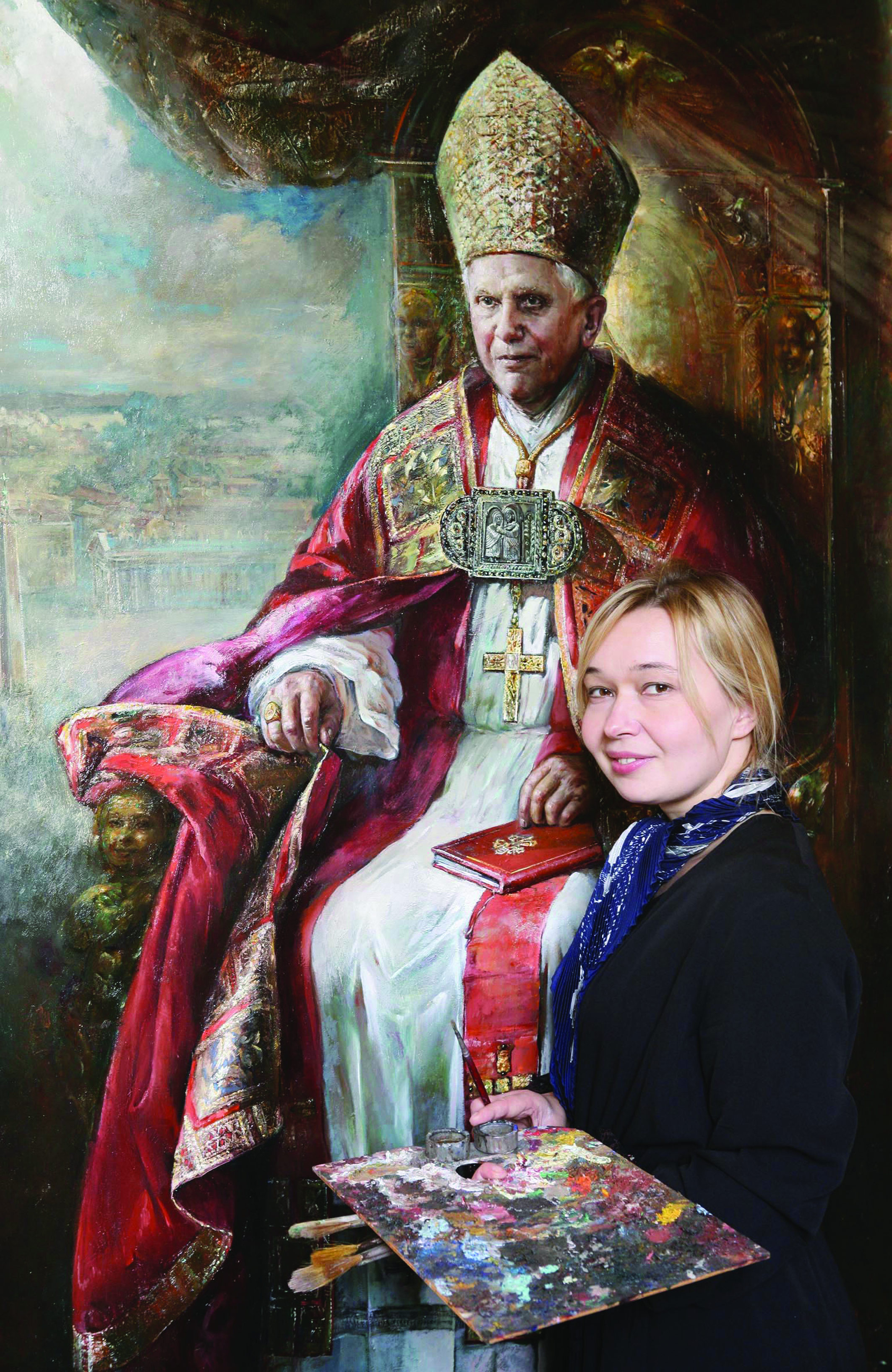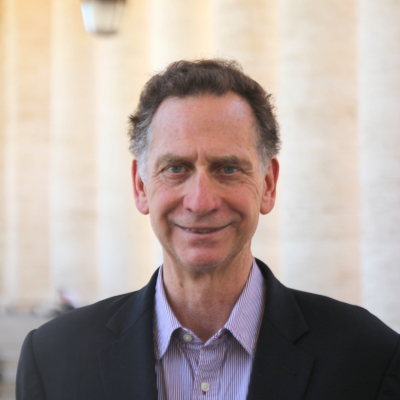One trial in the “Vatileaks” case is over, and judgment rendered. The butler was found guilty, and he will serve time. But another trial opens November 5. And many questions remain…
The Vatican court which found papal butler Paolo Gabriele guilty of stealing sensitive papal documents released the reasons for its decision on October 23. Meanwhile, a second trial in the “Vatileaks” case, this time of a Vatican computer technician, is scheduled to begin on November 5. Here is a summary of the “Vatileaks” case thus far.
The three-judge Vatican tribunal that convicted Gabriele said his crime was a “reprehensible” violation of trust that damaged the Pope himself and the rights of the Holy See, of Vatican City State, and of the entire Catholic Church.
Noting what they termed Gabriele’s “simplistic” intellectual capacity, the judges agreed that Gabriele did think he was doing the right thing by leaking the documents.
Gabriele admitted during his trial that, while working closely with Pope Benedict and his two personal secretaries, he had photocopied documents, then given them to an Italian journalist for publication. His reason? Not for money, he testified, but to somehow bring to Pope Benedict’s attention the “evil and corruption” around him, matters he believed the Pope was not being sufficiently informed about.
During the trial, Gabriele testified that sometimes the Pope, as he ate dinner — Paolo served the Pope his meals, and sometimes actually sat down at table and dined with him — would express little or no knowledge of certain matters, especially regarding internal Vatican affairs, that Paolo said he felt the Pope should have been well-informed about.
Gabriele was convicted of aggravated theft and sentenced to 18 months in prison. Previously the Vatican had said Gabriele would serve his time in an Italian prison. However, it is now said that he will be held in a cell in the barracks of the Vatican’s gendarmes. This seems intended to keep Gabriele from talking to people outside of the Vatican — for example, other prisoners in an Italian prison.
Italian journalists Gianluigi Nuzzi’s book His Holiness: The Secret Papers of Pope Benedict XVI, published in May, printed more than two dozen of the stolen documents.
But Nuzzi evidently did not pay Gabriele anything for these secret documents. (Of course, an inventory of all the documents Gabriele took has never been made public. Therefore, we do not know whether he sold other documents to other “clients”— for example, to other intelligence agencies. But nothing even hinting this has emerged.)
Pope Benedict responded to Nuzzi’s book in part by naming a commission of three cardinals — Spaniard Julian Herranz (a member of Opus Dei), Slovak Jozef Tomko, and Italian Salvatore de Giorgi — to investigate the origin of the leaks in a “parallel” inquiry, alongside that of the Vatican judicial system which led to Gabriele’s trial. The results of this special cardinals’ investigation have never been made public.
Once I asked one of the cardinals what they were discovering. He told me that obviously he could not reveal anything, but that “we are working hard.” So it could be that the Pope has received a detailed report which contains some information different from anything that came out at the public trial.
A second defendant was named in this “Vatileaks” case: Claudio Sciarpelletti, 48, a computer expert in the Vatican’s secretariat of state. He was accused of aiding and abetting Gabriele’s crime. He has said through his lawyer that he is innocent. His trial is to start November 5. He was originally to stand in the dock with Gabriele in early October, but was granted a separate trial. An envelope containing stolen documents and addressed to Gabriele was found in Sciarpelletti’s desk in the Vatican. He has claimed ignorance, insisting he never opened it. The technician has also admitted, however, that two people gave him envelopes containing documents to pass on to the butler.
In the text of their ruling just released, the judges said there was no proof that Gabriele had any accomplices.
Still, they noted that investigations are continuing “into the existence of other possible responsibilities in the leaks of reserved documents.” That sounds like it is possible that others could be indicted in this still mysterious case.
Finally, journalists have reported in the Italian press that Vatican police have downloaded photographs, videos and voice recordings from Gabriele’s cell phone, and that these recordings include images of the Pope. These reports have not yet been confirmed, but if they are true, we may be dealing with a case, not just of stolen papal documents, but of secretly recorded private meetings and conversations.
Stay tuned.





Facebook Comments